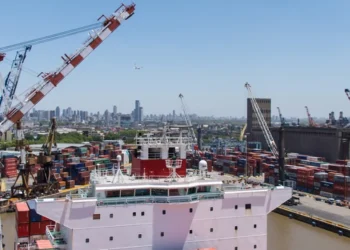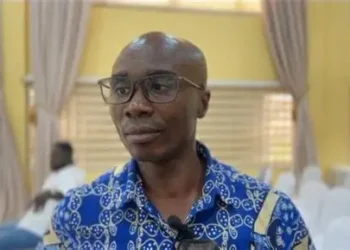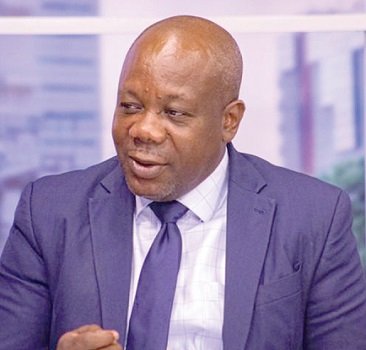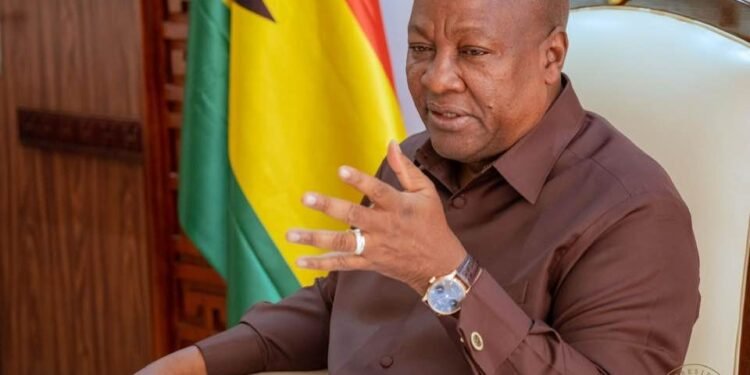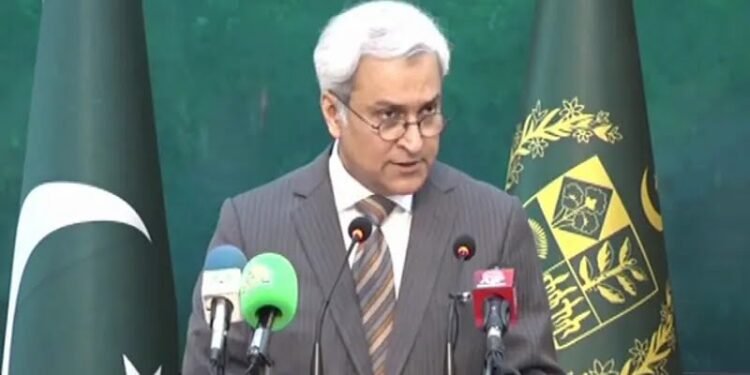The Director of the Institute of Statistical, Social and Economic Research (ISSER), Professor Robert Darko Osei called for the reintroduction of the Fiscal Responsibility Act to sustain the macroeconomic gains of the economy.
He made this call at the launch of the State of the Ghanaian Economy Report (SGER) 2024, organized by the Institute of Statistical, Social and Economic Research (ISSER).
The Director, explained that with Ghana exiting the IMF program in May next year, the government would need to maintain the current discipline to ensure that the growth and gains achieved are sustained. Adding that this economic resilience was ‘hard-won’ and needs to be protected.
He insisted that the way to achieve fiscal and economic stability is known to Ghana’s political leaders. The challenge is a steady will and dedication to walk the path of growth and development.
“We have shown that Ghana knows what to do to achieve fiscal stability; what is needed now is the institutional will to stay the course.
“A stronger Fiscal Responsibility Act will ensure that future governments remain accountable and resist the temptation to overspend during political cycles.”
Professor Robert Darko Osei, Director ISSER
Ghana has made remarkable strides in strengthening the macroeconomic indicators; a single digit inflation, accumulated US$ 10.7 billion in gross international reserves as at August 2025, Cedi’s 37.4% appreciation this year, and reduced debt and borrowing, has restored the confidence of Ghanaians and investors, Prof. Osie noted.
He, however, outlined that the Fiscal Responsibility Act and a well-vested Fiscal Council are needed to safeguard progress made so far.
He was certain that the reintroduction of the Fiscal Responsibility Act and the Fiscal Council would “consolidate recent macroeconomic gains and ensure long-term fiscal discipline,” and “create a strong legal and institutional framework to prevent fiscal slippages, especially during election cycles.”
Fiscal Responsibility Act
The Fiscal Responsibility Act, 2018 (Act 982), was intended to stabilize the macroeconomy and ensure debt sustainability. It included a fiscal deficit cap of 5% of GDP, which was to regulate budget overruns as well as government borrowing, and also required a positive primary balance.
In July 2020, the Act was suspended because of the Covid-19 pandemic. The standalone Act was later repealed and infused into the Public Financial Management (PFM) Act, 2025 (Act 1136). The new Act contained the same fiscal responsibility rules to still ensure Fiscal sustainability and discipline from the government.
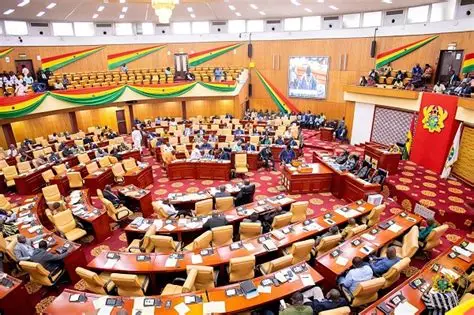
The call of the Director and ISSER is for an independent, stronger, and more enforceable legal framework to ensure a firm fiscal discipline, prevent budget overrun, and prudent borrowing. These were embedded in the standalone Fiscal Responsibility Act, hence the call. The perception is that a more autonomous framework is more enforceable and can resist political pressure.
The Director holds the view that, infused with the Public Financial Management Act might weaken its emphasis as compared to a devoted, standalone, high-profile Act exclusively for fiscal responsibility.
The new Public Financial Management Act, however, added more fiscal responsibilities such as a primary balance surplus of 1.5% of GDP and a debt-to-GDP ratio target of 45% by 2034. The new Act also establishes a statutory, independent Fiscal Council to monitor compliance.
Post IMF Program
Prof. Robert Darko Osei, reiterated that as the IMF program ends, the government must continue in its current course and commitment to fiscal and monetary reforms that brought Ghana, macroeconomics stability.

A reversion into unsustainable debt, fiscal indiscipline, and economic mismanagement will diminish IMF’s target and benchmarks, and reduce the confidence of the international community, he cautioned.
According to the ISSER Director, Ghana was presented with a “clear roadmap for stability and fiscal prudence,” adding that “exiting the program should not mark the end of discipline, but rather the beginning of a self-sustaining path built on responsible economic management.”
He declared that “we [Ghana] set ourselves in 19.2%; remember that last year’s outcome was about 20 per cent of GDP,” he stated, adding that the government must be committed to achieving the target to prove the government’s commitment to fiscal discipline.
He, however, observed that balancing expenditure and investment priorities is a characteristic challenge of the country evident throughout past governments. He therefore calls for an audit into the structural spending rigidities of the government affecting capital expenditure. He mentioned that “it was not always the case that our large savings were translated into investment-type spending.”
Prof. Osei noted the need for a stronger investment in Ghana’s productive, manufacturing, and technology sectors of the economy to achieve inclusive growth. He again mentioned that the economic gains are only meaningful if they transform the lives of the citizenry and meet their immediate needs.
The government should continue to partner the private sector to unlock innovation, investment, and inclusivity for a holistic developed Ghana.
READ ALSO: SHS Haircut Rule Still Relevant in Modern Ghanaian Context – GES PRO





